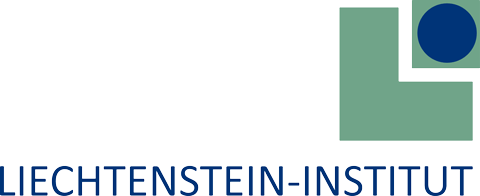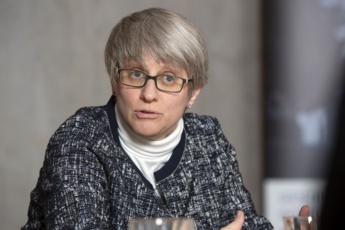Review of the referendum on Radio Liechtenstein on October 27, 2024
As the article is published in a Swiss magazine, he first presents the Liechtenstein media landscape. He then goes on to discuss the DpL's popular initiative to repeal the LRFG. Patricia Schiess critically assesses individual statements from the referendum campaign from a legal perspective.
The European Media Freedom Act (EMFA) was not discussed before the vote. However, the successor to Radio Liechtenstein would be considered a public media service provider within the meaning of the EMFA, even if it were organized as a private company, if it is entrusted with a public service remit and received national public funding for it from the state. The legislator would only escape the requirements set by the EMFA if it were to refrain from giving national public funding for the fulfilment of a remit. In other words, only if the radio received only the same - limited - financial support as the newspaper “Vaterland”, the magazine “lie-zeit”, the tv station “1FLTV” and the online newspaper “Landesspiegel” from January 1, 2026. Patricia Schiess therefore asks whether it would not be easier and quicker to stay with the LRFG and, if necessary, reduce Radio Liechtenstein’s performance mandate.
The article concludes with the author's personal observations, which are intended to stimulate further discussion:
- The decisive factor is not how many people listen to the radio, watch television or read a newspaper every day, but whether individual interviews, reports and features are able to stimulate a broader discussion in the country.
- The added value of journalism must be made better known. Good journalistic work is more than just a series of statements from authorities, associations and companies.
- A single editorial team that provides several media with information that is then distributed via various channels would be cost-effective. However, such a model would be at odds with the goals of media and opinion diversity.
- Especially in a small state, one cannot rely on the market to provide a sufficient number of powerful media with experienced journalists.
Photo: Tatjana Schnalzger









